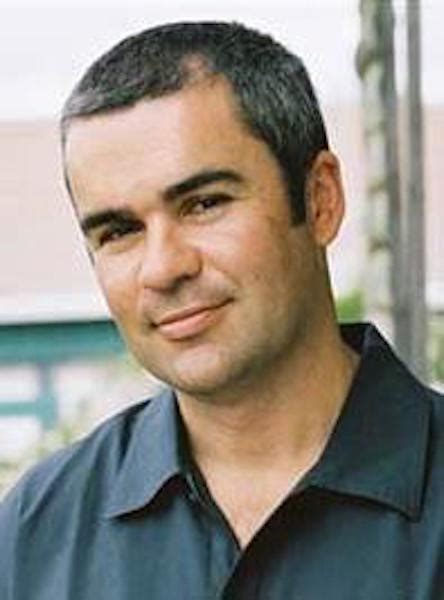A Quote by Bernard Beckett
A society that fears knowledge is a society that fears itself.
Related Quotes
The challenge for Muslims in America is to respect the fears of ordinary people while resisting the exploitation of those fears by political parties, lobbies and sectors of the media. To meet this challenge, Muslims must reassess their own involvement, behavior and contributions in American society.
For the amoral herd that fears boredom above all else, everything becomes entertainment. Sex and sport, politics and the arts are transformed into entertainment. ... Nothing is immune from the demand that boredom be relieved (but without personal involvement, for mass society is a spectator society).
This society in which knowledge workers dominate is in danger of a new "class conflict" between the large minority of knowledge workers and the majority of workers who will make their livings through traditional ways, either by manual work... or by service work. The productivity of knowledge work - still abysmally low - will predictably become the economic challenge of the knowledge society. On it will depend the ability of the knowledge society to give decent incomes, and with them dignity and status, to non knowledge people.
The fears that assault us are mostly simple anxieties about social skills, about intimacy, about likeableness, or about performance. We need not give emotional food or charge to these fears or become attached to them. We don’t even have to shame ourselves for having these fears. Simply ask your fears, “What are you trying to teach me?” Some say that FEAR is merely an acronym for “False Evidence Appearing Real.” From Everything Belongs, p. 143
Society, community, family are all conserving institutions. They try to maintain stability and to prevent, or at least slow down, change. But the organization of the post-capitalist society of organizations is a destabilizer. Because its function is to put knowledge to work - on tools, processes, and products; on work; on knowledge itself - it must be organized for constant change.
The knowledge we now consider knowledge proves itself in action. What we now mean by knowledge is information effective in action, information focused on results. Results are outside the person, in society and economy, or in the advancement of knowledge itself. To accomplish anything this knowledge has to be highly specialized.




































